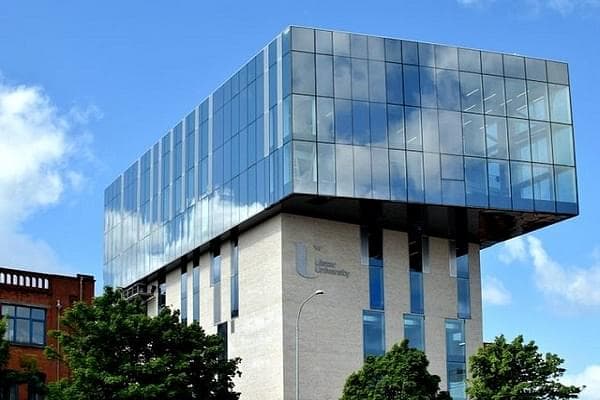

Mechanical Engineering - BEng (Hons) at Ulster University
Belfast, United Kingdom
- Tuition Fee £ 15,360
- Country Rank-
- Duration48 Months
- Score IELTS: 6
Program Overview
The Mechanical Engineering - BEng (Hons) course from Ulster University provides a comprehensive experience to prepare students for rewarding engineering careers. Through individual and team projects, students will gain hands-on exposure to engineering materials, processes, devices, and systems. The curriculum emphasises analytical thinking, communication abilities, computer-aided design (CAD), and manufacturing (CAM) skills. By applying this knowledge to real-world engineering problems, students will develop the intellectual, technical, and professional proficiencies required to tackle modern industry and societal challenges.
|
Aspect |
Details |
|
Course Name(s) |
Mechanical Engineering - BEng (Hons) |
|
Course Length |
4 Years |
|
Entry Requirements |
|
|
Fees |
Approximately - £ 16,320 /Yr |
|
Start Date |
September 2024 |
Cost Of Studying At Ulster University
Interest rates as low as 8.9% *
250K+
Students Assisted
800Cr+
Loan Amount Disbursed
5000+
Loans Sanctioned